Certification of Feed Production
Conducting certification of organic Feeds Production is an important direction of our main activities, in which we have an extensive experience.
Organic feed refers to any substance or product, including additives (processed, partially processed, or unprocessed), obtained through organic production and intended for animal feeding in accordance with the requirements of standards and regulations.
We have a proven track record in certifying feed production under international and private standards, such as the EU Organic Regulation, Canada Organic Standard (COR), Bio Suisse (Switzerland), and Naturland (Germany), both in Ukraine and beyond.
The range of processed organic feeds that we certify often includes oilseed meals, bran, and grain meals. These products are integral to the manufacturing process of enterprises involved in food production.
Organic Standard provides a comprehensive range of services that encompass inspections and certification based on various standards and ongoing support for the Operator during the entire certification process. We place great importance on the expertise of our specialists and continuously enhance their skills and qualifications. As a result, this approach allows us to deliver high-quality service to our clients.
Organic Standard offers a comprehensive package of services that includes inspections and certification according to various standards, as well as continuous support of the Operator throughout the certification process. We place great importance on the expertise of our specialists and continuously enhance their skills and qualifications. As a result, this approach allows us to deliver high-quality service to our clients.
Requirements for Feed Production
The general requirements for organic feeds production are as follows:
- Predominant use of the following production methods:
- Biological methods
- Mechanical methods
- Physical methods
- In cases where non-organically produced products are also processed or packaged in the unit where do organic one, the following operational requirements shall be observed:
- The operations must be separated in time from similar operations
performed on non-organic products. - Organic products shall be stored separately from non-organic products before and after the manufacturing operations.
- The identification of product batches and prevention from mixing or substitution with non-organic products shall be ensured.
- Operations with organic products may be performed only after proper cleaning of production equipment and inventory.
- The operations must be separated in time from similar operations
- The certified organic raw materials shall be used in feeds production.
- The use of food additives and technological additives shall be limited.
- At least 95% of the agricultural ingredients of the product by weight shall be organic.
- The use of feed additives and inputs shall be minimized, except when necessary for technological or zootechnical needs or specific feeding purposes, as well as required by organic feed production standards.
Organic Standards and Regulations
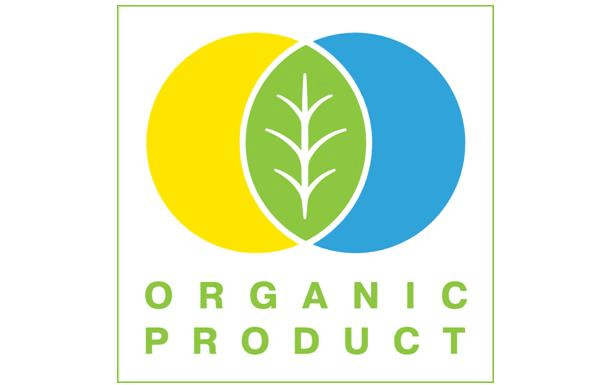
Organic Legislation of Ukraine
Certification in accordance with the legislation of Ukraine is mandatory for the production and sale of organic products in Ukraine.
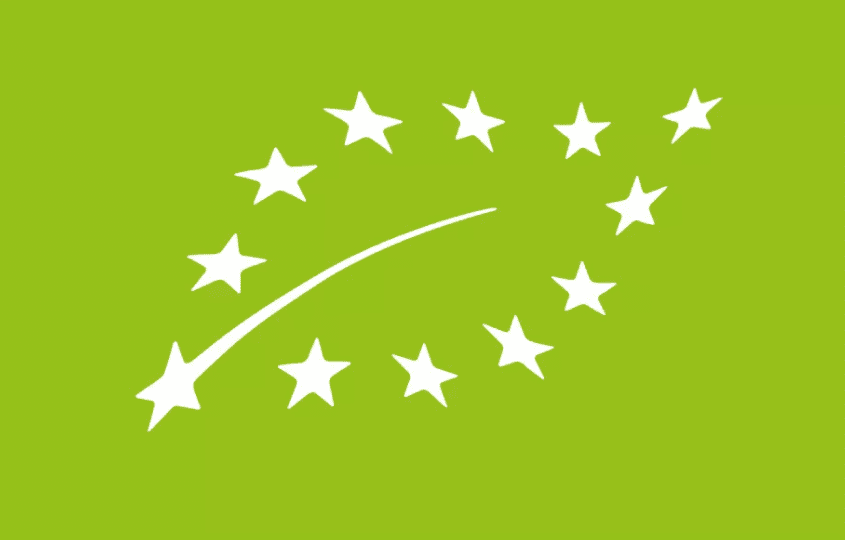
IACB Standard equivalent to the EU Regulations
Certification according to the IACB Equivalent EU Organic Production & Processing Standard for Third Countries is currently the only option for exporting organic products from Ukraine to the EU.

EU Regulation 2018/848
Certification in accordance with EU Regulation 2018/848 for exports to EU countries from Ukraine will be mandatory no earlier than 2024.
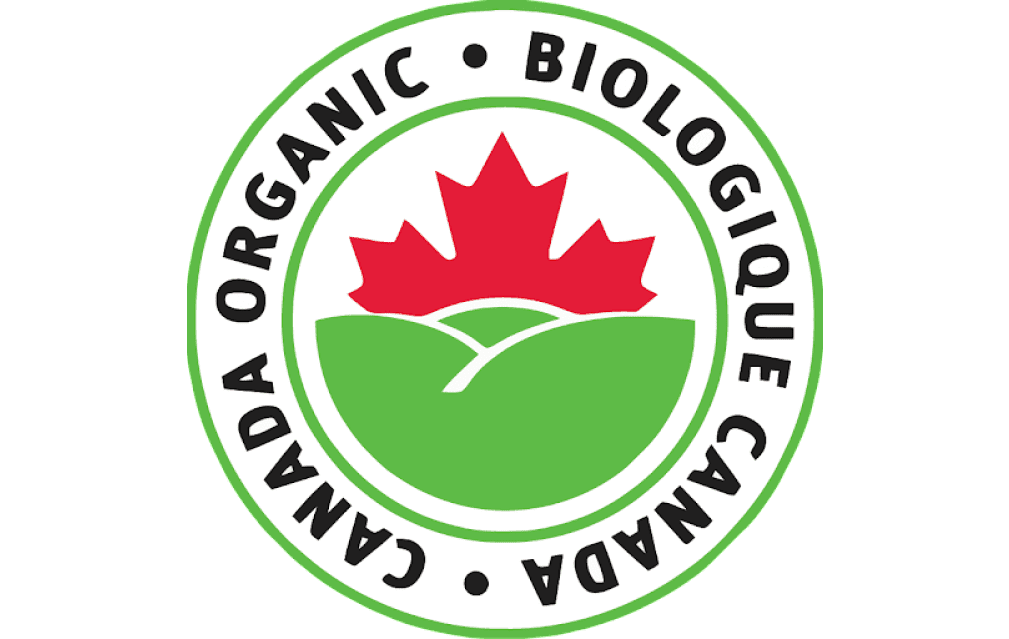
Canada Organic Regime (COR)
Certification according to COR is an important requirement for exporting organic products to Canada, which can also facilitate exports to the United States.
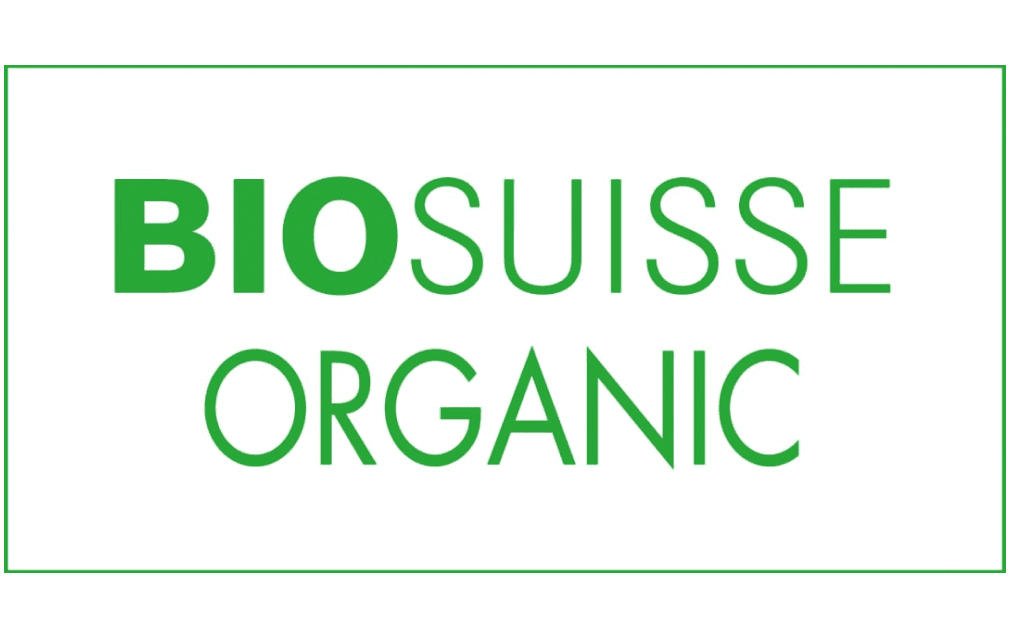
Bio Suisse
Certification according to the Bio Suisse standard is a mandatory requirement for exporting products to Switzerland.
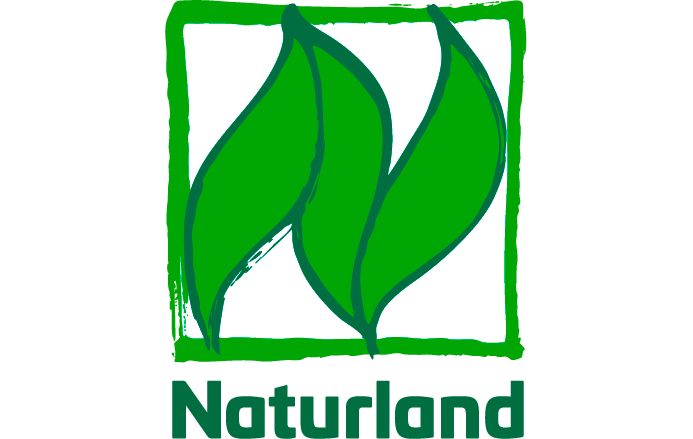
Naturland
Certification according to the Naturland provides additional advantages during the export of products to Germany.
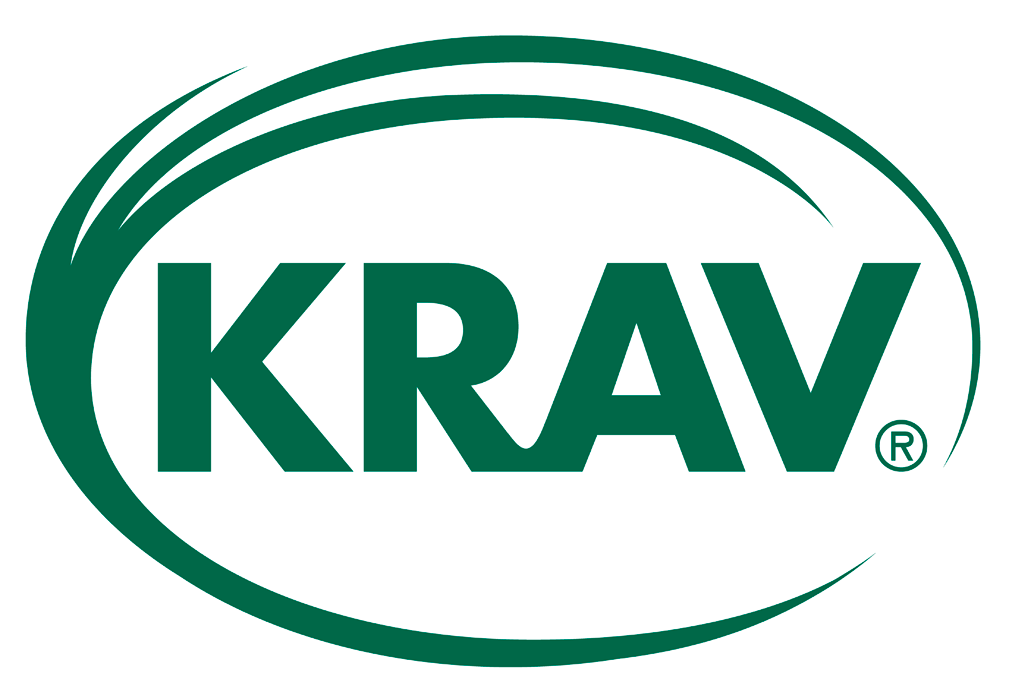
KRAV
Certification according to the KRAV Standards provides additional advantages during the export of products to Sweden.
If you have any questions, please contact our specialist

Olena Manziuk
Deputy Head of Certification Department, Senior Certification Specialist
